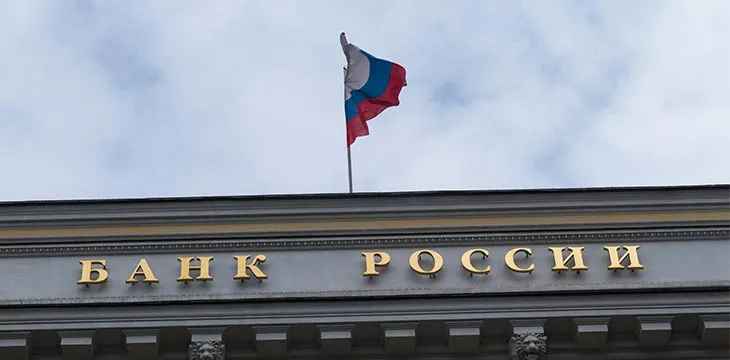|
Getting your Trinity Audio player ready...
|
The Russian central bank has put forward new proposals to limit access to crypto assets for so-called ‘unqualified investors,’ the latest global central bank to propose tightening regulations around who can invest in cryptocurrencies.
The Central Bank of Russia is planning to introduce an annual limit on crypto transactions among unqualified investors, RBC reported, as an amendment to current draft cryptocurrency regulations making their way through the State Duma.
The proposals would amend the “On Digital Financial Assets” bill, which is currently awaiting its third of three readings in the country’s parliament.
The plans would equalize the limits on crypto investments at the same levels as those proposed in legislation for crowdfunding, which is also currently being considered by Russian lawmakers. If carried, this would impose the annual limit at 600,000 rubles—equivalent to just over $9,000.
Digital currencies issued from within Russia will still be open to unqualified investors should the amendment be accepted, and these tokens will be able to be bought and sold without intermediaries, according to the report.
In the proposals, investors are deemed unqualified when they have under one year of investment experience, and a certificate of qualification would be required in order to bypass the restrictions.
Qualification is also possible by serving two years with an employer considered a qualified investor by the Russian state.
The measures are the latest steps taken by authorities in Russia towards tightening the laws around digital assets and cryptocurrencies. While lawmakers have suggested the need for stricter regulation, the measures have been bogged down in parliament since the bill was first approved in May of last year.
As part of the measures, banks, crypto exchanges and other institutions will be obliged to collects and report data on crypto transactions from unqualified investors, to be revealed to government bodies and other institutions on demand.
The measures will likely impact those investing or trading in cryptocurrencies and other digital assets without suitable professional experience, as well as creating an additional burden for institutions in reporting crypto trading behavior.
Lawmakers will now consider these fresh proposals from the central bank as part of the next stage of the legislative process in parliament.

 07-15-2025
07-15-2025 





